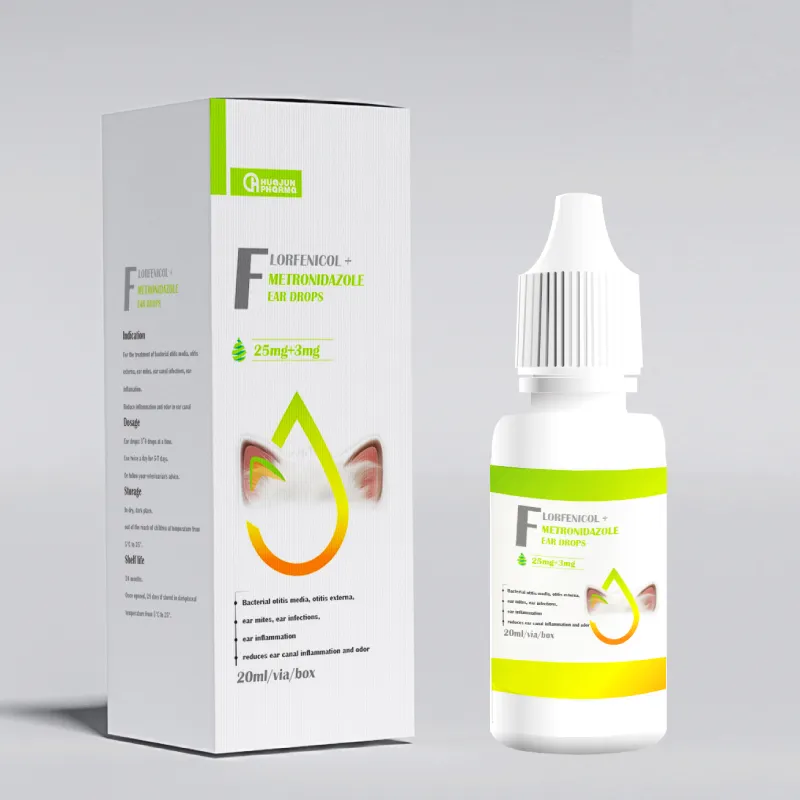
Dec . 12, 2024 11:52 Back to list
mucoid enteritis in rabbits factories
Mucoid Enteritis in Rabbits Causes, Effects, and Management
Mucoid enteritis is a serious health condition that affects rabbits, particularly those bred in intensive farming systems. This disease is characterized by the production of excessive mucus in the intestines, which can lead to severe gastrointestinal distress and, if left untreated, can be fatal. Understanding mucoid enteritis is essential for rabbit breeders and veterinarians alike, as it not only impacts animal health but also the productivity of rabbit farming operations.
Causes of Mucoid Enteritis
The primary cause of mucoid enteritis is an imbalance in the rabbit's gut flora, often triggered by dietary factors. Rabbits are herbivores that require a high-fiber diet primarily composed of hay, fresh vegetables, and a small amount of pellets. When rabbits are fed a diet low in fiber and high in carbohydrates, it can alter the normal gut microflora, favoring pathogenic bacteria over beneficial ones. This imbalance can lead to inflammation of the intestinal lining and excessive mucus production.
Other contributing factors include stress, which can arise from overcrowding, improper handling, or sudden changes in environment. Additionally, poor hygiene practices in rabbit factories can facilitate the spread of pathogens, increasing the risk of mucoid enteritis. Mycotoxins present in feed, bacterial infections, and viral diseases can also play a role in the onset of this condition.
Clinical Signs and Diagnosis
The clinical signs of mucoid enteritis often begin with lethargy and a decreased appetite. Affected rabbits may exhibit abdominal discomfort, which can manifest as bloating or unusual postures. The hallmark of mucoid enteritis is the presence of watery or gelatinous feces, often covered in mucus. In severe cases, rabbits may develop dehydration and a loss of electrolytes, leading to further complications.
mucoid enteritis in rabbits factories

To diagnose mucoid enteritis, a veterinarian will typically conduct a thorough clinical examination and take a detailed history of the rabbit’s diet, housing, and any recent stressors. Fecal tests may be performed to identify any pathogenic organisms and assess the gut flora balance. In some cases, imaging techniques may be used to evaluate the intestinal tract.
Treatment and Management
The management of mucoid enteritis requires immediate intervention to address dehydration and electrolyte imbalance. This often involves administering fluids, either orally or via injection, to rehydrate the rabbit. Nutritional support is critical, and affected rabbits may need a specially formulated diet that is high in fiber and low in carbohydrates to help restore gut flora balance.
In addition to dietary changes, antibiotics may be prescribed to combat any secondary bacterial infections. Probiotics can also be beneficial to re-establish healthy gut bacteria. It is essential to work closely with a veterinarian to develop an appropriate treatment regimen for each individual rabbit.
Long-term management of mucoid enteritis focuses on prevention through proper husbandry practices. Rabbit farms must implement strict hygiene protocols, ensuring that living conditions are clean and that feed is free from contaminants. Providing a balanced diet rich in fiber, minimizing stress through appropriate housing densities, and regular health check-ups can significantly reduce the incidence of this condition.
Conclusion
Mucoid enteritis is a common yet serious health issue in rabbit farming that can have significant implications for animal welfare and productivity. Understanding the causes, recognizing early signs, and implementing effective management strategies are vital for preventing this condition. By ensuring a high-fiber diet, maintaining clean living conditions, and minimizing stress, rabbit breeders can safeguard the health of their animals and maintain a successful farming operation. As with any health concern, collaboration with veterinarians is essential in both treatment and prevention efforts, ensuring that rabbits receive the care they deserve. With proper attention and care, the risks associated with mucoid enteritis can be effectively managed, promoting healthier rabbits and more productive farming practices.
-
Premium Immune Enhancement Products Trusted Manufacturer & Supplier Factory Solutions
NewsJul.04,2025
-
Top Hemoglobinuria Manufacturer & Supplier Reliable Hemoglobinuria Factory Solutions
NewsJun.24,2025
-
Premium Honeysuckle Products - Leading Honeysuckle Manufacturer & Supplier Factory
NewsJun.10,2025
-
Pulmonary Edema Solutions from Leading Manufacturer & Supplier Reliable Factory Price
NewsJun.10,2025
-
Red Eyes - Leading Red Eyes Manufacturer & Supplier, Premium Quality Factory Price
NewsJun.10,2025
-
Broiler Ascites Syndrome Solutions Top Manufacturers
NewsJun.10,2025




